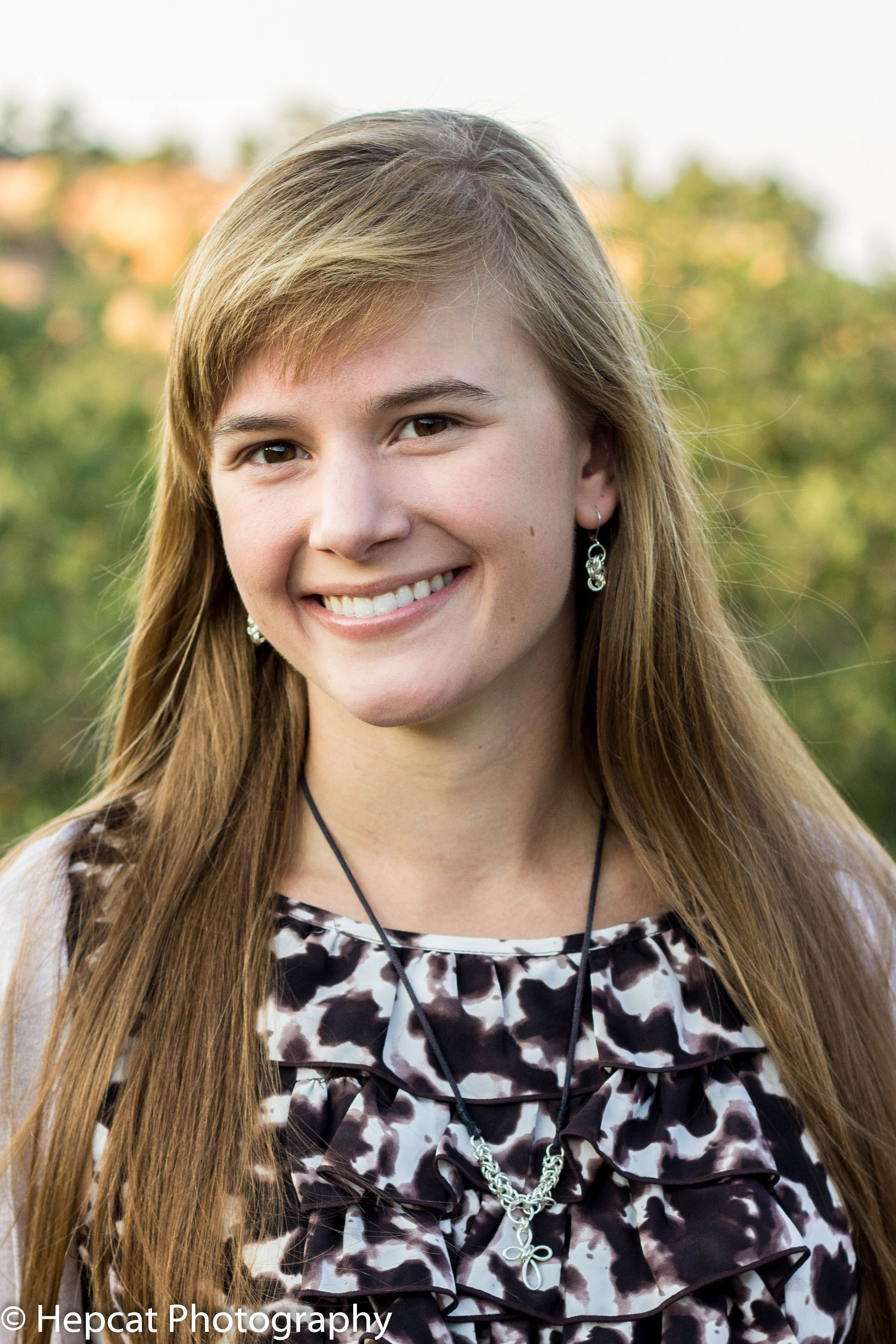ADHD and Autism Counseling
Help for the Neurodiverse by the Neurodiverse!
Attention Deficit/Hyperactivity Disorder (ADHD) and Autism can be a bit of a mystery.
Let’s refer to both ADHD and Autism as neurodiversity. Seems like a lot of people have it but a lot of people don’t really know what it is. Maybe you’ve been told already by a professional that you are neurodiverse, or you’ve been suspicious that you might be.
You might be in middle school, high school, college, or graduate school. You might already be out in the working world or the parent of someone with neurodiversity. Regardless of where you are in your career, the topic of neurodiversity is confusing.
At the same time, diagnosis is incredibly important and neurodiversity is not just a school-based disorder!
Neurodiversity means that your brain is works differently from neurotypical people.
With ADHD, you can actually put someone in a brain scanner and see their frontal lobes under activate and their occipital lobe over activate. The occipital lobe is where we process all of our visual information. An overactive occipital lobe explains all the daydreaming that happens in ADHD! This can be the same for Autistics as we tend to think in pictures a lot.
What is ADHD? (skip down to read about Autism)
ADHD is very poorly named because it’s not really a deficit in attention, it’s a deficit in attention regulation. The primary impairments in ADHD are in what we call executive functions. Executive functions are the like a conductor for an orchestra. Without the conductor, you may have incredibly gifted and talented individual musicians that are going to struggle to play together.
The primary executive functions impacted in ADHD are Emotion Regulation, Inhibition, Working Memory, Initiation (getting started on tasks), Planning and Prioritization, Shift/Flexibility, Organization, and Self-monitoring.
ADHD doesn’t look the same in everyone. Some people can be more hyperactive than others while other people can be more inattentive. There are three main types of ADHD to address this: primarily inattentive type, primarily hyperactive type, and combined inattentive and hyperactive type.
What is Autism?
Autism is predominately challenges related to social communication and interaction such as challenges with chit chat or knowing when it’s your turn

Set Up Your Free Consultation!
I know you might be nervous.
It’s okay. We are all nervous when we initially start looking for counseling.
But you haven’t given up.
Give me a call or text at 720-260-4643, and let’s talk!
to talk during a conversation or not realizing that your friend was expecting you to text them back. These sorts of things can also make it hard to develop or maintain friendships with people who don’t share your special interests. Folks with autism also can struggle with nonverbal behaviors like making eye contact or maintaining body language that encourages conversation.
The second part of Autism is related to restricted, repetitive patterns of behavior, interests, or activities such as repetitive motor movements, use of objects, or speech like fidgeting or lining up items in a particular way. Autism can also include sensory challenges, having special interests, and the insistence of sameness such as really liking routines and getting upset if those routines are changed.
The last part of Autism is executive function challenges which you can read about in the ADHD section. This is a huge overlap between these two diagnoses and it’s not uncommon for people to have ADHD and Autism!
What I Do and How I Help
I work with people struggling with neurodiversity by getting them properly diagnosed, teaching them skills for ways they are struggling, providing counseling for the secondary difficulties with mental health, and overall providing counseling for general life difficulties that have a uniquely neurodiverse flair to them.
I personally have ADHD and Autism and understand how this can impact day to day life in very significant ways.
You deserve support for everything you have been through and everything you endure on a day to day basis. Being neurodiverse is part of what makes you awesome and unique and I want to help you believe in yourself!
Whether you’ve been diagnosed for a long time, a brief time, are wondering if you have neurodiversity, or are someone that is supporting someone with neurodiversity and would like some educational/coaching sessions, we can work together towards the goals that you have.
Give me a call or a text at 720.260.4643 to talk with more about how I can help you! You’re also welcome to email me at tashadomashovetzcounseling@gmail.com.
In network with: United Healthcare, Optum, Cigna, Aetna, Oscar, Oxford, Lucent Health Summit County Plan and Grand County Plan, Building Hope Scholarships, Mountain Strong EAP, and Olivia’s Fund
